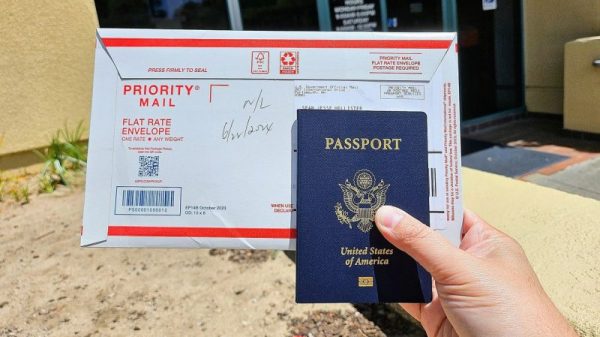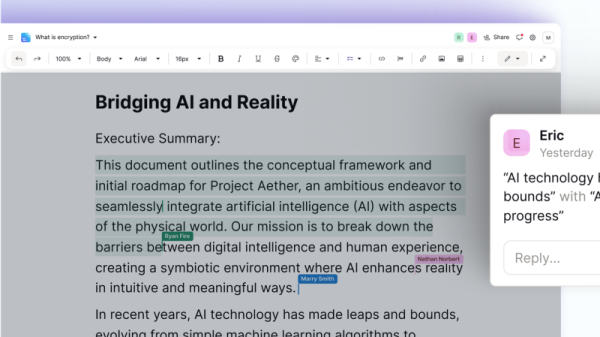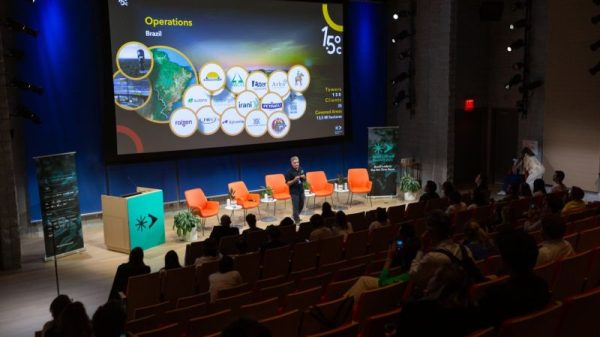After twice serving as speaker of the Ohio House of Representatives, Larry Householder (R) was sentenced Thursday for orchestrating one of the largest political scandals in the state’s history. The scheme, which involved nearly $60 million in bribes to help pass a billion-dollar energy bailout, landed him the maximum 20-year prison sentence.
Prosecutors in 2020 unsealed a complaint against Householder that laid out accusations of a money-laundering scheme and bribes paid to Householder so he would push through a $1.3 billion bailout for two Ohio nuclear power plants.
“More than four years we were looking for accountability, and today we believe that Mr. Householder received just that,” said Kenneth Parker, U.S. attorney for the Southern District of Ohio. “The judge made a statement that he would not credit any of [Householder’s] time as a public servant because he did not serve as a public servant. Well, now he has a different level of service that he has to give to the people of Ohio.”
Attorneys for Householder did not immediately respond to request for comment Thursday.
As part of his scheme, prosecutors said, Householder established a nonprofit called Generation Now to conceal the names of donors whose money was funneled into campaign efforts to support Householder’s bid for the Ohio House speakership and candidates that aligned with his campaign goals.
Householder spent more than $500,000, a significant amount of the illicit gains, to settle a business lawsuit, repair his Florida vacation home and pay off his credit card balances, according to prosecutors.
The Ohio bill that greenlit a $1.3 billion bailout for the nuclear power plants operated by FirstEnergy Corp. was signed into law in 2019. It drew criticism from environmental advocates who had pushed for the state to invest in wind and solar energy.
Householder and Matt Borges, the former chair of the Ohio Republican Party, accepted millions of dollars in bribery campaign donations from FirstEnergy in exchange for the bill’s ensured passage, prosecutors argued in court. Starting in March 2017, Householder began receiving regular $250,000 payments from First Energy laundered through the nonprofit, prosecutors said.
Householder and Borges were both convicted on one count of conspiracy to participate in a racketeering enterprise following a six-week jury trial that concluded in March. Borges is scheduled to be sentenced Friday and also faces up to 20 years in prison. FirstEnergy agreed to pay a $230 million settlement in 2021 for conspiring to bribe public officials.
The Ohio legislature repealed part of the bailout in 2021, but other provisions remain.
Key members of Householder’s campaign and political staff, including strategist Jeffrey Longstreth, and ex-FirstEnergy lobbyist Juan Cespedes, pleaded guilty for their contributions to the racketeering conspiracy. Both men await sentencing as their hearings have not yet been scheduled, according to the Justice Department.
“I pleaded guilty to racketeering,” Longstreth told jurors during court testimony. “I handled the money. By doing, that I facilitated everything else that happened because of that.”
On Thursday, a judge rejected a request from Householder’s attorneys asking that he remain free during an appeal of his conviction. Householder was immediately taken into custody after the conclusion of his trial.
After twice serving as speaker of the Ohio House of Representatives, Larry Householder (R) was sentenced Thursday for orchestrating one of the largest political scandals in the state’s history. The scheme, which involved nearly $60 million in bribes to help pass a billion-dollar energy bailout, landed him the maximum 20-year prison sentence.
Prosecutors in 2020 unsealed a complaint against Householder that laid out accusations of a money-laundering scheme and bribes paid to Householder so he would push through a $1.3 billion bailout for two Ohio nuclear power plants.
“More than four years we were looking for accountability, and today we believe that Mr. Householder received just that,” said Kenneth Parker, U.S. attorney for the Southern District of Ohio. “The judge made a statement that he would not credit any of [Householder’s] time as a public servant because he did not serve as a public servant. Well, now he has a different level of service that he has to give to the people of Ohio.”
Attorneys for Householder did not immediately respond to request for comment Thursday.
As part of his scheme, prosecutors said, Householder established a nonprofit called Generation Now to conceal the names of donors whose money was funneled into campaign efforts to support Householder’s bid for the Ohio House speakership and candidates that aligned with his campaign goals.
Householder spent more than $500,000, a significant amount of the illicit gains, to settle a business lawsuit, repair his Florida vacation home and pay off his credit card balances, according to prosecutors.
The Ohio bill that greenlit a $1.3 billion bailout for the nuclear power plants operated by FirstEnergy Corp. was signed into law in 2019. It drew criticism from environmental advocates who had pushed for the state to invest in wind and solar energy.
Householder and Matt Borges, the former chair of the Ohio Republican Party, accepted millions of dollars in bribery campaign donations from FirstEnergy in exchange for the bill’s ensured passage, prosecutors argued in court. Starting in March 2017, Householder began receiving regular $250,000 payments from First Energy laundered through the nonprofit, prosecutors said.
Householder and Borges were both convicted on one count of conspiracy to participate in a racketeering enterprise following a six-week jury trial that concluded in March. Borges is scheduled to be sentenced Friday and also faces up to 20 years in prison. FirstEnergy agreed to pay a $230 million settlement in 2021 for conspiring to bribe public officials.
The Ohio legislature repealed part of the bailout in 2021, but other provisions remain.
Key members of Householder’s campaign and political staff, including strategist Jeffrey Longstreth, and ex-FirstEnergy lobbyist Juan Cespedes, pleaded guilty for their contributions to the racketeering conspiracy. Both men await sentencing as their hearings have not yet been scheduled, according to the Justice Department.
“I pleaded guilty to racketeering,” Longstreth told jurors during court testimony. “I handled the money. By doing, that I facilitated everything else that happened because of that.”
On Thursday, a judge rejected a request from Householder’s attorneys asking that he remain free during an appeal of his conviction. Householder was immediately taken into custody after the conclusion of his trial.























